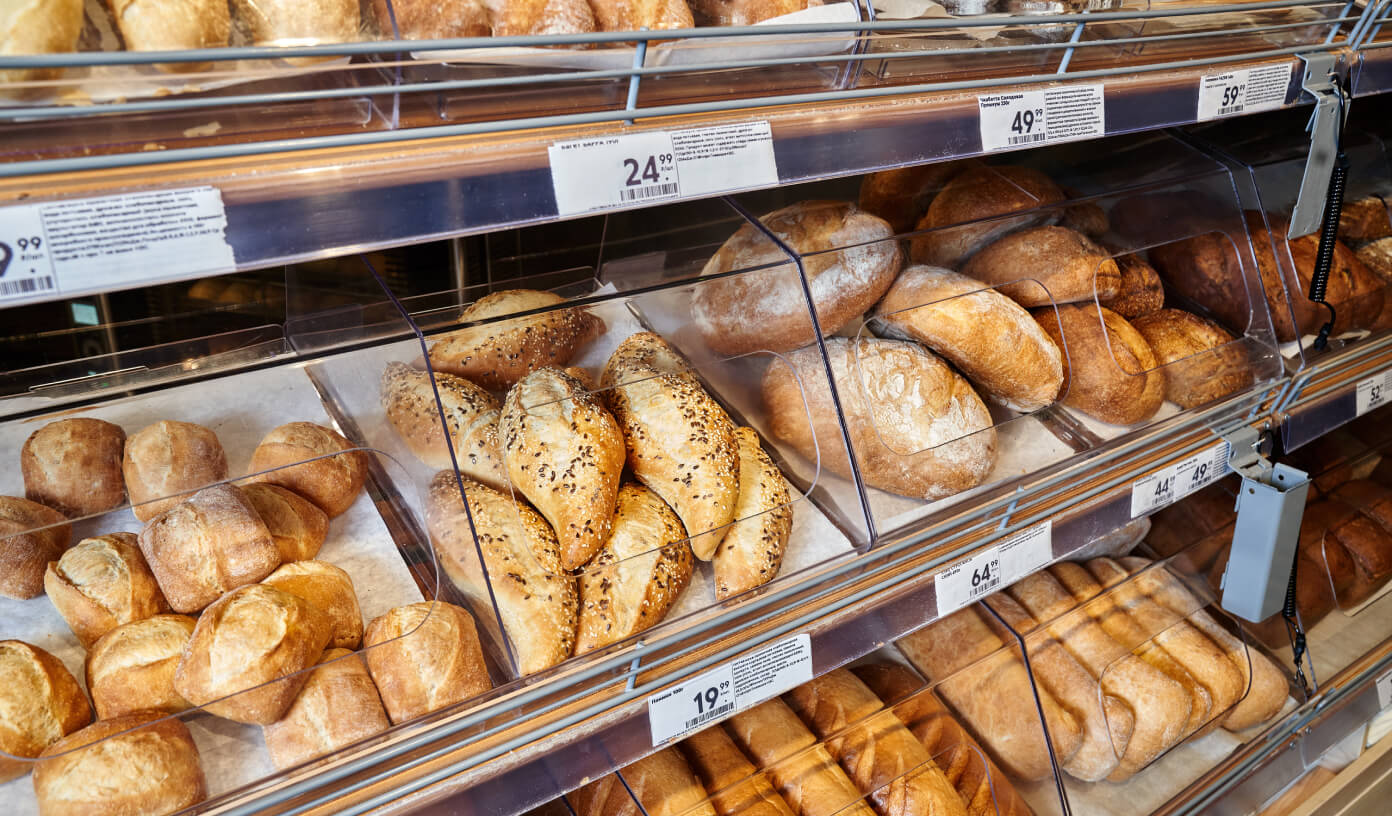16.09.2022
Russian scientists develop food protection technology
This will help to intensify agriculture and reduce pressure on the climate.
 Photo by: X5 Group
Photo by: X5 Group
Specialists of South Ural State University (SUSU) in Chelyabinsk have created a method for disinfecting wheat intended for baking bread. It makes grains more resistant to mould, TASS reported citing Irina Potoroko, head of the university’s Food and Biotechnology Department.
The task of agricultural intensification is a climate priority. The emission burden from agriculture remains high. There is a need to produce more food at a lower climate cost. This technology aims to do just that.
According to the scientist, the technology involves germinating wheat using a hybrid action of cold plasma and ultrasound. This action blocks the development of dangerous fungi and prevents the build-up of mycotoxins in the raw material for baked goods.
Bread made from treated flour lasts longer and can be eaten without fear of poisoning.
Irina Potoroko added that exposure to cold plasma during germination of grain increases its content of useful components. In particular, plasma-treated cereals become more saturated with gamma-aminobutyric acid, which is essential for maintaining the central nervous system.
According to Rospotrebnadzor, mycotoxins formed in moulds, entering the human body, have a poisonous effect, affecting metabolic processes. Some of them are carcinogenic.
Consumption of mould contaminated food can cause mycotoxicosis, which can lead to a number of serious illnesses. The health risks depend on the specific types of harmful compounds. Aflatoxins are considered the most dangerous to humans and are most commonly found in mouldy maize, pumpkin seeds and peanuts.
Aflatoxin damage can lead to haemorrhagic and fatal liver necrosis and liver cancer. Also, aflatoxins reduce the immune response to vaccination and can damage human DNA.
Mold compounds are also linked to the development of chronic gastritis and other chronic digestive diseases, stunted growth in children and weight loss in adults, eating disorders and anorexia, necrosis in the stomach and intestines, and reduced stress tolerance.
Earlier, specialists from the SUSU Department of Food and Biotechnology patented a method for processing low-quality raw materials from poultry farms into protein additives for meat products and a blowing agent for the confectionery industry.
The technology makes it possible to reduce the amount of food waste. The process is based on microbial fermentation. The resulting substance can also be used in the manufacture of fertilisers, animal feed and film coatings.
Cover photo: X5 Group







































Comments